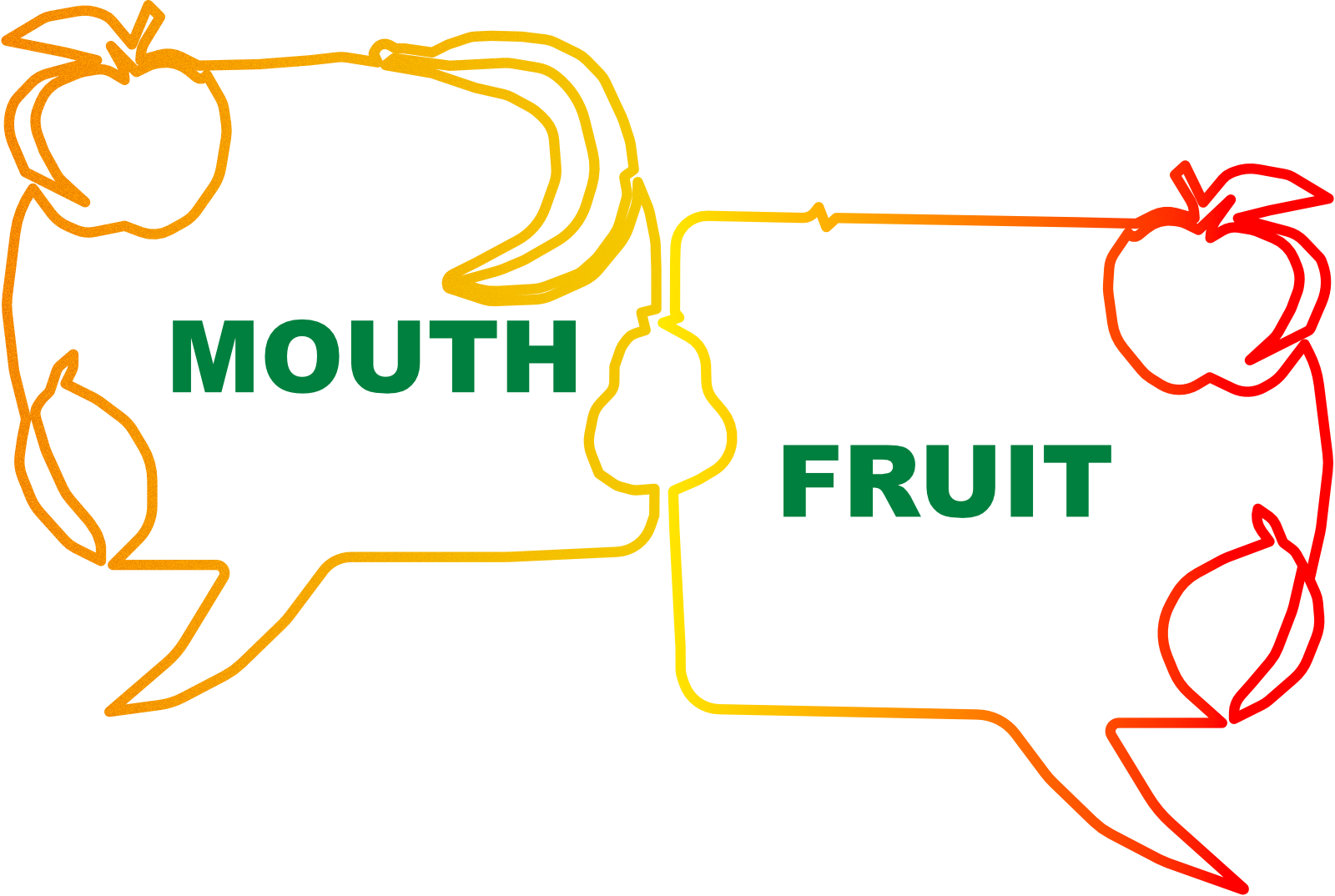Halloween, Moments of Conversation

Halloween is approaching.
There's something peculiar about Halloween that we don't talk about enough. For one night each year, we collectively agree that knocking on a stranger's door isn't just acceptable—it's expected.
The Original Open Door Policy
Long before Ring cameras and scheduled playdates, our ancestors understood something about thresholds. During Samhain, a Celtic festival that preceded Halloween, people left food at their doorways—offerings for wandering spirits, yes, but also gestures of hospitality to a cosmos they believed was watching. Medieval Europeans practiced "souling," going door-to-door exchanging prayers for soul cakes. In Scotland and Ireland, children "guised"—they didn't just hold out bags, they performed for their treats, offering songs or jokes in genuine exchange. So cool.
Doorways weren't just physical barriers. They were meeting points. Places where the inside world acknowledged the outside world, where private life briefly touched public life.
Somewhere along the way, we forgot this. We built suburbs where garages replaced front porches. We scheduled our social lives weeks in advance. We created apps so neighbors could talk to each other without ever actually knocking. The spontaneous visit became an intrusion. The unexpected guest became a nuisance.
Except on Halloween.
What is happening?
When we talk about what's good about Halloween, we usually mention the costumes, the candy, the fun. And sure, those things matter.
I think costumes are great fun. Well, I confess, some are scary.
But maybe what we're really celebrating—whether we realize it or not—is accessibility. The idea that two persons in a community might be accessible to each other. That doors are meant to open. The brief, low-stakes exchange, "Nice costume!" "Thanks, you too!", are valuable social connective tissue.
This isn't uniquely American. St. Martin's Day in Germany and the Netherlands looks remarkably similar—children with lanterns going door-to-door, singing for sweets. Wassailing in England. Koleda caroling across Slavic countries. Las Posadas in Mexico. The Hungry Ghost Festival in China, with offerings at thresholds. Eid celebrations with their emphasis on home visiting.
Across continents and centuries, humans have created rituals around the same impulse: at certain times, we need to remember we're not isolated fortresses. We're part of something larger. And that requires occasionally opening the door.
Are you an a shy person, individualist, a hermit or maybe one who cringes at the word community? Does your Health or Energy level dive with social interaction? Each time you open the door, you have an opportunity to talk to each kid for a couple seconds and even with mom or dad for the same time.
The Dark Porch
But here's where fruitful dialogue requires honesty: not everyone experiences Halloween as welcome connection. I recognize that.
For some of us, the constant doorbell triggers anxiety—social or literal. Some of us feel it is best for the porch to be dark. For parents who've lost children, a kid-centric holiday can feel like walking through glass. For families on tight budgets, the expectation to provide candy or costumes adds financial stress they don't need. For the elderly or disabled, repeatedly answering the door isn't charming; it's exhausting. For those who view Halloween as flaw, the dark porch is important, yet the cultural pressure to participate can feel alienating.
And let's be honest: for people in neighborhoods where trust has genuinely eroded, where violence is real and strangers at the door could mean danger, "just open up and connect!" isn't whimsical advice. It's tone-deaf. That wolf might not be in costume.
Our sense of appreciating each neighbor isn't just about celebrating open doors. It's about respecting the dark porches, too.
The Conversation We're Having
So what can we say that's genuinely positive about Halloween?
Maybe this: it reminds us what we're missing the rest of the year. It shows us how hungry we actually are for spontaneous, low-stakes human contact. It proves that when we create the right conditions—safety, playfulness, clear expectations, mutual benefit—we're actually willing to be accessible to each other.
Halloween is a conversation about what kinds of communities we want to live in. Do we want to know our neighbors? Do we want children to feel safe exploring their streets? Do we want reasons to stand outside and wave to strangers? The holiday doesn't answer these questions, but it asks them—loudly—once a year.
And it is play! We can see that we are willing to speak with neighbors—as long as chocolate is involved.
And perhaps that spark of conversation is enough. Perhaps one night of remembering that doors can open, that thresholds can be crossed, that strangers can become (however briefly) friends over a Snickers bar—perhaps that's the fruitful dialogue Halloween offers.
Not a solution. Just a reminder of what's possible when we show up at each other's doors.
Halloween reminds me that sometimes the best conversations start with simply showing up at someone's door—costume optional, but genuine presence required.
What traditions in your community create unexpected connections? When do you feel most accessible to your neighbors—and when do you most need privacy? The conversation continues in the comments.
